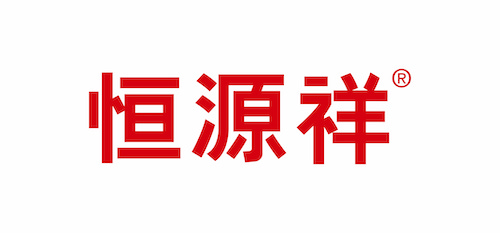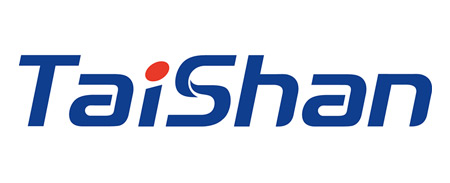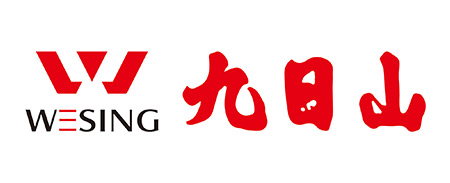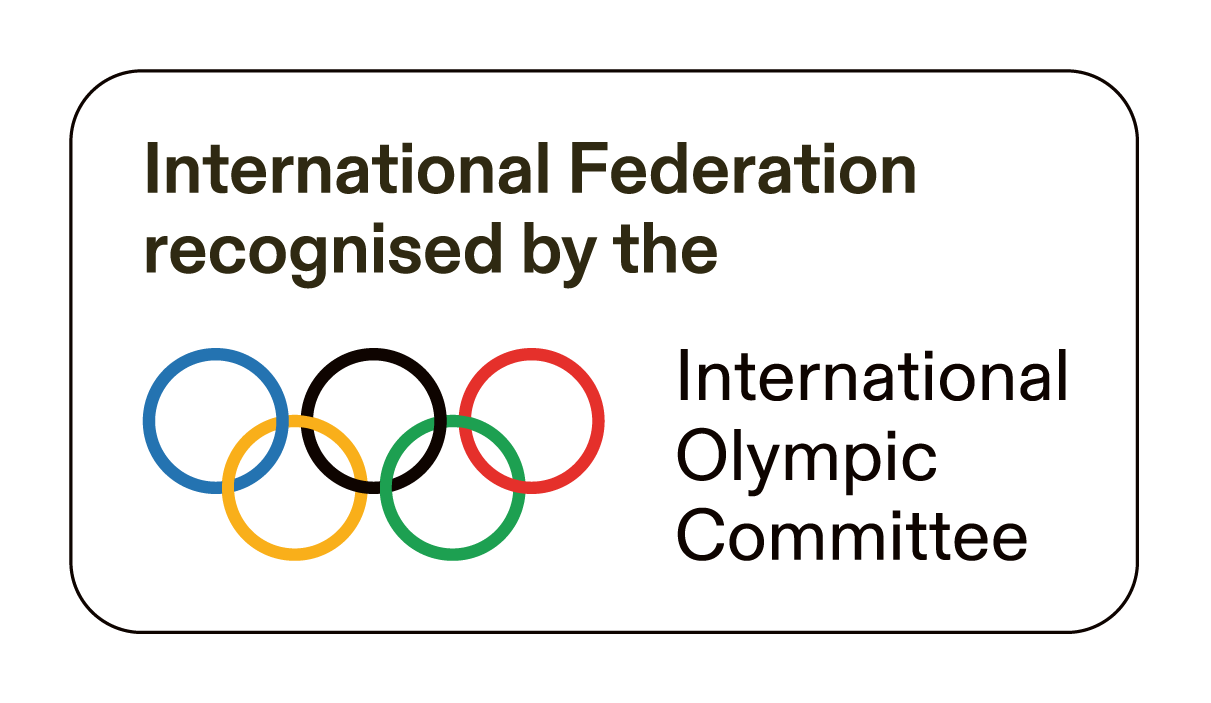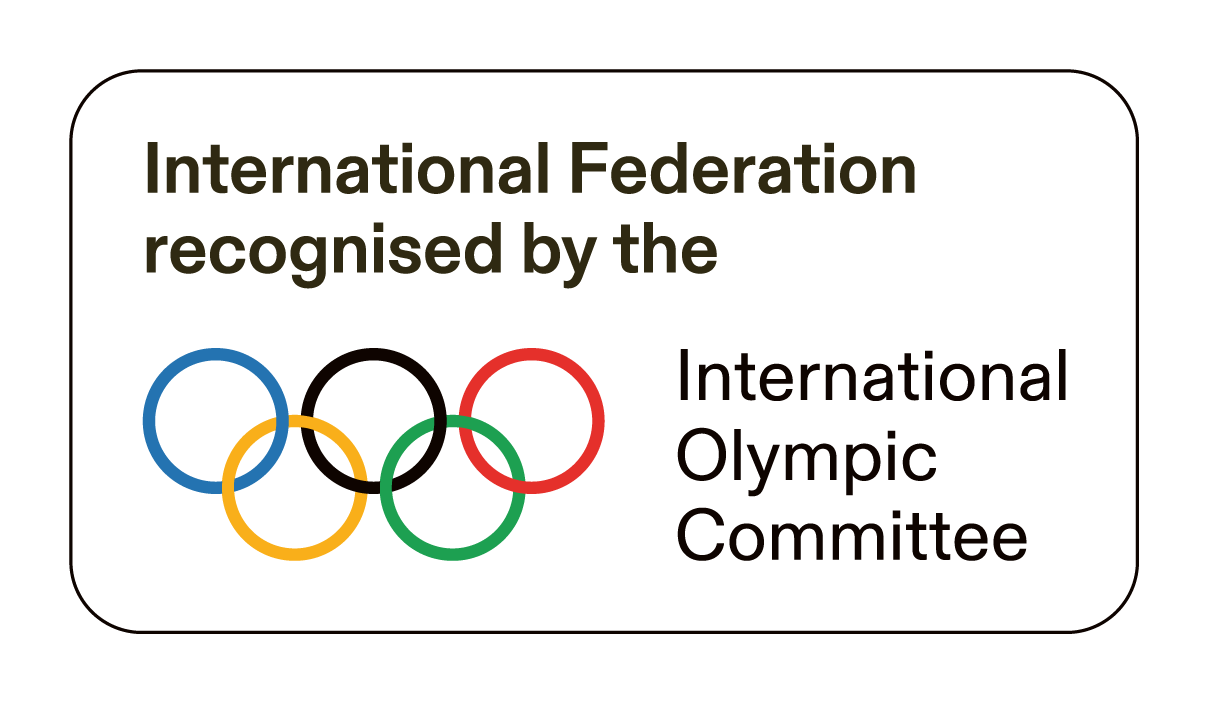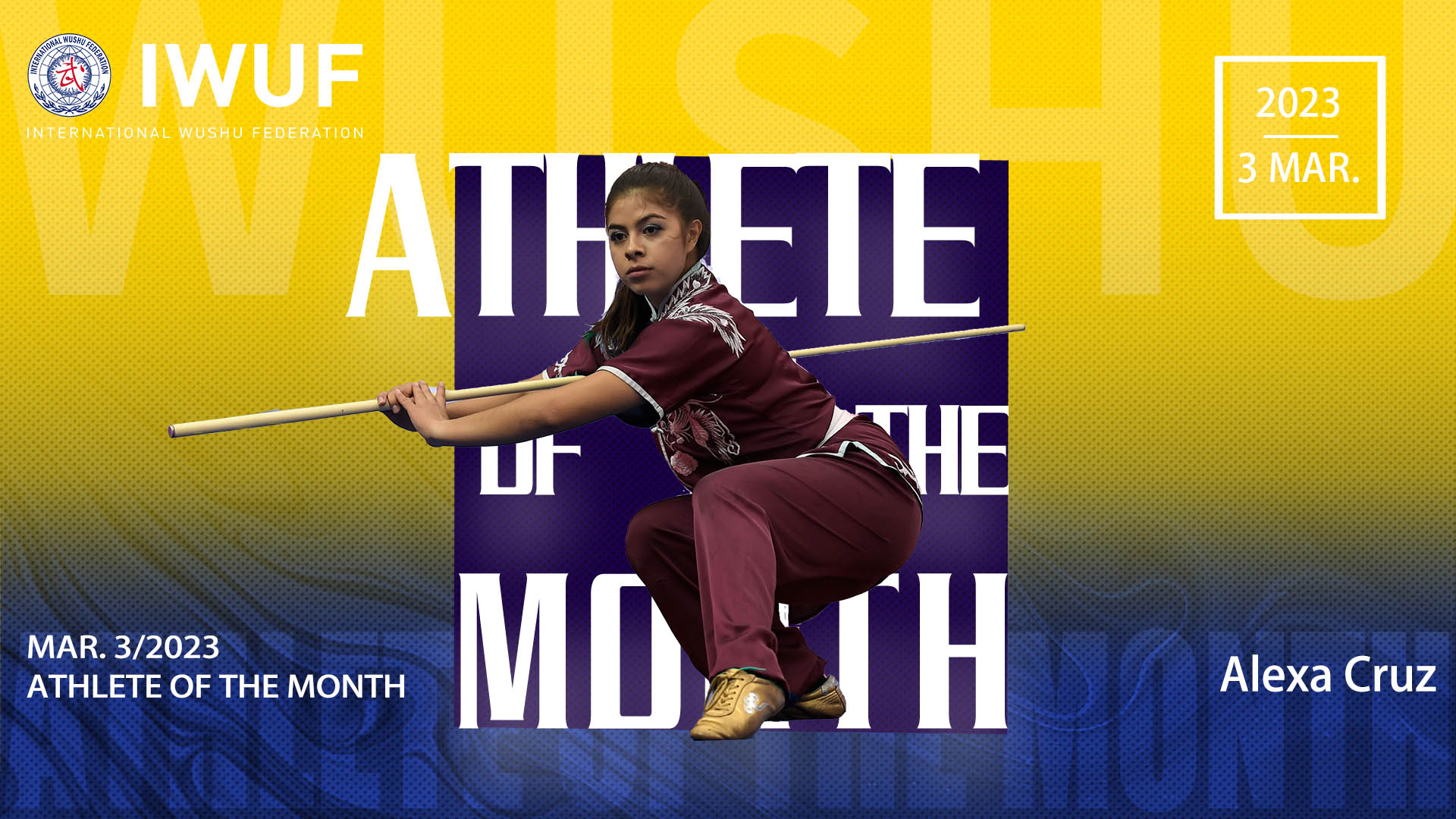 Alexa Cruz, 22, a longtime national champion of Mexico, is a leading star of the Mexican National Wushu Team and has won numerous medals at the Pan American Wushu Championships. After a lively showing at the 15
th
World Wushu Championships in Shanghai, she qualified for the 2022 World Games in Birmingham and gave her best performance ever to place 4
th
in Women’s Gunshu/Daoshu. She currently studies Nanotechnology Engineering at University in Mexico, where she deftly balances serious study with high level wushu training. Alexa will undoubtedly continue to make her nation proud as a champion, and as an inspiring role model to aspiring young wushu athletes, she looks to the future to continue to shine a brighter spotlight on her beloved sport, and play an integral role in promoting wushu in Mexico and throughout Pan America.
Alexa Cruz, 22, a longtime national champion of Mexico, is a leading star of the Mexican National Wushu Team and has won numerous medals at the Pan American Wushu Championships. After a lively showing at the 15
th
World Wushu Championships in Shanghai, she qualified for the 2022 World Games in Birmingham and gave her best performance ever to place 4
th
in Women’s Gunshu/Daoshu. She currently studies Nanotechnology Engineering at University in Mexico, where she deftly balances serious study with high level wushu training. Alexa will undoubtedly continue to make her nation proud as a champion, and as an inspiring role model to aspiring young wushu athletes, she looks to the future to continue to shine a brighter spotlight on her beloved sport, and play an integral role in promoting wushu in Mexico and throughout Pan America.
A Wushu Journey Begins

Alexa’s wushu journey started when she was four years old. Her father had been a wushu coach for nearly 30 years, and he wanted his daughter to be healthy and athletic. Alexa recalls, “He told me I needed to pick a sport, any sport, whatever I wanted – but at that age I really didn’t know any other sports. So I picked wushu! It was not so well-known as a sport back then.”
“I’ve been competing for 16 years,” Alexa says. “But at first, I didn’t consider wushu competitions as a such formal thing. My parents told me that in my first competition, I went out of the competition area jumping instead of walking. When I was training in my early days, there were some spectacular athletes doing modern wushu. I was fascinated watching certain nandu, and I remember my dad was training nanquan, sanda and some compulsory routines.”

Alexa started to compete at a higher level when she was nine years old in Mexico. “At that time, “she recalls, “there were a lot of kids doing very good performances. I was inspired by them and I did my best. My first international competition was the World Childrens Games in Ankara, Turkey in 2011. It was an amazing experience, I met a lot of athletes with different nationalities, and I learned about a different culture. It was one of the best experiences I’ve had.”
This opened Alexa’s eyes to international wushu competition, and there was no going back. She was determined to become one of Mexico’s best wushu athletes. “Since Ankara,” she says, “I’ve competed in 4 Pan American Wushu Championships that were held in Argentina, Mexico, Brazil and the USA. Also, I’ve been to the World Junior Wushu Championships in Bulgaria – even though I don’t consider it one of my best championships, I learned a lot. And I’ve been to one World Wushu Championships in Shanghai, China. The 15th World Wushu Championships was the most awesome competition I’ve ever been in. The event was really well-organized, and the opening ceremony was incredible. Wushu is constantly growing, and 15th WWC showed this to everyone. The athletes all had a really high level. After the championships, I returned home with a lot of motivation and knowledge.”
Alexa says, “These events have taught me a lot and they were an opportunity to grow up as a person and of course, as an athlete. Both national and international competitions present an opportunity to learn what can be improved. Honestly, I feel a range of emotions before competition like nervousness, excitement, cheerfulness – and I feel lucky to be there.”
Competing in an international championship requires a big commitment, Alexa notes, “Because you’re representing your country. For me, it’s an honor to be part of the Mexican team and I want to inspire Mexican people to do a sport. Representing your country in international wushu championships can help wushu to be more recognized and better known, both in the sport world and on a national level.”
The World Games in 2022
The World Games 2022 in Birmingham would soon become Alexa’s career zenith — and her most memorable experience — as she represented her country of Mexico and her sport of wushu. “The World Games 2022 was probably the most exciting, tiring and satisfying experience I’ve ever had,” she recalls. “When I received the news I was chosen to compete, I couldn’t believe it because it represented the best opportunity as an athlete I could imagine.”

Alexa’s preparation for TWG started with a personalized training routine made for her by a member of the National Wushu Team. She went to a city 12 hours away from her home in order to train with the National Wushu Coach, and specialized nutritionists tested her condition through physical exams.
“The competition,” says Alexa, “was exceptional. I met a lot of international athletes. All the participants had a really high level of wushu. The most remarkable moment was the walk I had to do from the warmup area to the competition arena. All the competitors in my category made a line and started to march to the competition area. At that moment, I felt a real rush of adrenaline.”
Alexa continues with a smile, “It’s important to tell you that Mexican teams are noisy — in a good way — they usually do a lot of cheering. But in the World Games, I traveled alone, without a coach, without teammates, family or friends. I was the only Mexican athlete at the wushu competition. I missed the screams when I stepped into the competition carpet. However, as soon as I finished my performance, I heard a voice yelling “Viva Mexico!” — so, I turned and I realized there was one other Mexican spectator there — he was going to compete two days later in Jiu-jitsu.”
“After my performance,” Alexa recalls, “I felt really satisfied and I thought it was the best performance I’ve ever had. I returned to the warmup area and read the messages from my family and wushu teammates. All my social media were full of congratulations and I realized they were cheering me at distance while I was competing. When I read all their messages, I realized that the support is there despite the distance. So, I’m grateful for all the support that my family and teammates gave me all the way back in Mexico watching The World Games.”
Choices and Challenges

Alexa specializes in daoshu and gunshu. She says, “I have always loved gunshu. When I was in Junior C category, I used to participate in jianshu and gunshu — yes, a tricky combination! But when I changed categories, I had to decide — jianshu and quiangshu or gunshu and daoshu. So, I watched the routines of Junior B athletes and I was attracted to daoshu. I loved the force, power and movements that are required in a daoshu routine and also, my favorite weapon was gunshu so, it was an easy decision. I think I don’t have the elegance required in jianshu and, on the other hand, daoshu suits me because I love movements that require force.”
The Covid 19 pandemic created a great challenge for all athletes all over the world. Alexa recalls, “The Covid 19 pandemic was a hard time in all aspects. My wushu school closed and the classes were online. I trained in an area of 5m x 3m. It was a small area and we only practiced the basics. That’s why it was a really big challenge, but the important thing was keeping up.”
Mexican Wushu and Pan America
Wushu’s exposure varies in different parts of the world. In Asia the sport is better-known, but in Pan America being a wushu athlete has its own challenges. “Wushu in Mexico has gained popularity,” Alexa explains, “but not in large quantity. Wushu is not a popular sport in Mexico and people think that it is not as relevant because it isn’t an Olympic sport. As a wushu athlete alone, you cannot live or earn enough money to pay basic needs. Also, doing wushu creates many expenses, and they are paid by the athletes or the family. In many cases, Mexican athletes have to do some fundraising activities in order to get enough money for competitions, like raffles, food sales, etc.”

“But besides the obstacles,” Alexa adds, “Mexican and Pan American athletes have improved their wushu skills and the development of wushu in America is really famous. It’s important to say that athletes of North, Central and South America are friendly and kind people. The recent Pan American Championships (Brazil 2022) was an event where many athletes met, and after competition, athletes of different nationalities celebrated happily together. That’s the union that wushu can give us.”
For Alexa, traveling with the Mexican Wushu Team is also an adventure. “People usually are funny, and provide a lot of encouragement and emotional help,” she says. “They always cheer for their teammates when they are competing, and give good advice when you need some.” She notes that sport also helps create community without borders. “I also met Argentine and Chilean athletes in the World Games,” Alexa says. “We call ourselves the Latin team. I met a Brazilian athlete who has taught me a lot. They were kind and friendly. We met again in Brazil two weeks after the World Games. We have a nice relationship and keep in touch through social media, especially Instagram.”
Wushu Philosophy
“In my opinion,” Alexa continues, “the biggest challenge I’ve had to overcome was finding the motivation after being in last place one time at a National Championships. Since then, I have learned that competitions are an instant, where you can achieve medals or you can learn about your mistakes, but you have to keep working hard with discipline because that is the path to success.”
Alexa says, “I think wushu competition is a great opportunity to know how your level of wushu is going. I think the best part is to show what you have done in daily trainings. Feeling nervousness, adrenaline and excitement creates a set of emotions that can teach you how to be prepared for important events. My best experience in wushu was The World Games 2022, because this event represented 18 years of training. It was the top event I´ve ever had because it pushed me to the limit both physically, emotionally and mentally. But after it, I gained confidence in myself and started to enjoy the competitions more. “

After TWG 2022, Alexa also noticed, “Wushu kids started to talk to me and ask me for some advice, and that is the thing I find most rewarding. Because inspiring people is the most powerful tool you can give someone.”
Besides her commitment and experience, Alexa has had a good variety of coaches and sport trainers both in Mexico and abroad. “Since my beginnings,” she recalls, “my dad has been my coach. He has taught me that hard work and perseverance is the way to succeed. He has always supported me. Also, I have been coached by the National wushu coach and his son, Rolando and Dante Gamboa. They helped me to improve my wushu skills and develop new ones. Dr. Samuel coached me in specific gym exercises for improve my wushu skills. Carachure, a team member from the National team, coached me while I was studying far away from my wushu school because of University. He gave me a lot of good advice that helped me to improve my wushu. And the Aviñas family has influenced my career through advice and explanation about techniques and nandu. I trained in China in 2017. It was an experience I would like to have again. I learned a lot training with Chinese people, and I learned some very valuable tools for improving my wushu performance.”
“My family loves wushu,” Alexa exclaims, “particularly my Dad. He has always expressed his wushu passion. He thinks that wushu is a great ally and helps the integral formation of a person. Also, my mother thinks that wushu has brought motivation, satisfaction and discipline to our family. I feel that my parents perceive wushu as the best sport because of its philosophy, values and visual spectacle.”
Balancing Wushu and Life
At University Alexa is studying nano-technology engineering, which poses challenges for her to balance her life with sport and training. “Nanotechnology,” Alexa explains, “is the study and manipulation of matter in nanoscale (near-atomic scale). It has the potential to design and produce new structures, materials and devices with properties that a bulk material doesn’t have. I’ve balanced my studies with my wushu training by setting priorities. I organize my activities and do first what is most important and urgent. It has not been easy, sometimes I couldn´t do exams because of competitions and after participating in competitions, I returned home and I had so much homework that I spent all night and the weekends studying. Fortunately, my classmates have been a great support and they discuss the topics to me, help me to study for exams and clarify my questions.”
Outside of wushu and study, Alexa says, “I love watching romantic movies at home and I also enjoy going to the cinema. I also like going to the theater. I love reading about self-growth. And finally, I adore listening to music.”
Looking Ahead
For athletes of Mexico and Pan America, having the next World Wushu Championships in 2023 in Texas, USA, offers a boost of inspiration and excitement. “We are waiting for the national results in the National wushu competition,” Alexa says. “After the championship, we will know who is going to be part of the National Team. I really hope I can compete at the next World Wushu Championships in 2023 in Texas because I’m pretty sure this event is going to be an amazing one. Also, it is the first WWC after COVID so I think this event is going to be an historical championship because of the interest, enthusiasm and inspiration of the athletes.”

Alexa adds, “Having a WWC in America represents a lot because it is the opportunity for Pan American athletes to have an event near to us. Also, Mexico has its frontier with the USA so we hope our friends and family can assist in the event. As soon as Mexican athletes knew that the next WWC will be held in the USA, they started to broadcast and promote the event. I think that’s the reason why we expected more competitors in Nationals this year, and I’m sure that WWC 2023 has been inspiring Mexican athletes.”
Wushu Goals, Wushu Legacy
Alexa reflects on her wushu sport career that has occupied most of her life. “Wushu,“ she says, “has taught me how to be disciplined, persevering, and confident. I love this sport and I consider wushu as a fundamental tool for my personal development. One of my goals I have yet to achieve is to participate in a Taolu World Cup. And, as a legacy, I want to leave a path where Mexican athletes can achieve more objectives and recognition. Also, I hope one day I will inspire some people because it is satisfying but also, it is a huge responsibility. As a wushu athlete, I want to promote wushu in my country.”

“One day,” Alexa says, “a girl was watching me while I was training. After the session, I asked her if she had trained in some sport and she answered, “No, but I would like to practice wushu.” Her words truly motivated me because I showed a little girl what wushu is and I inspired her to train it. I think that athletes, judges and coaches of wushu can inspire people all around the world to know and practice wushu. And we demonstrate that wushu is not only a sport, it is a way to live.”








